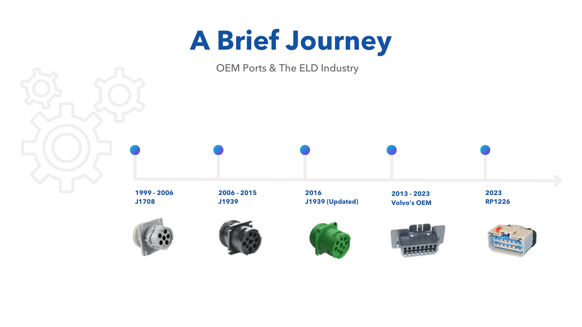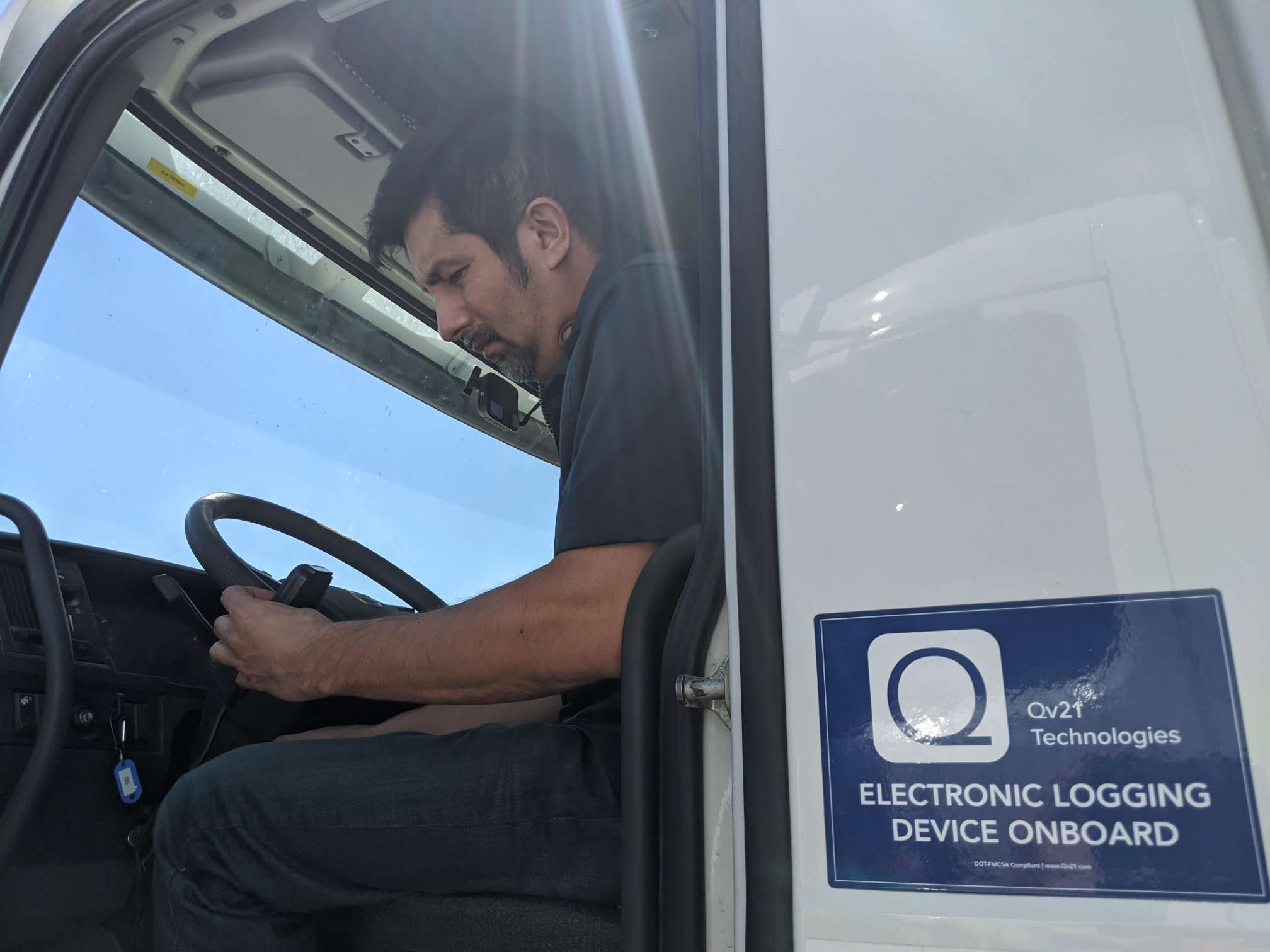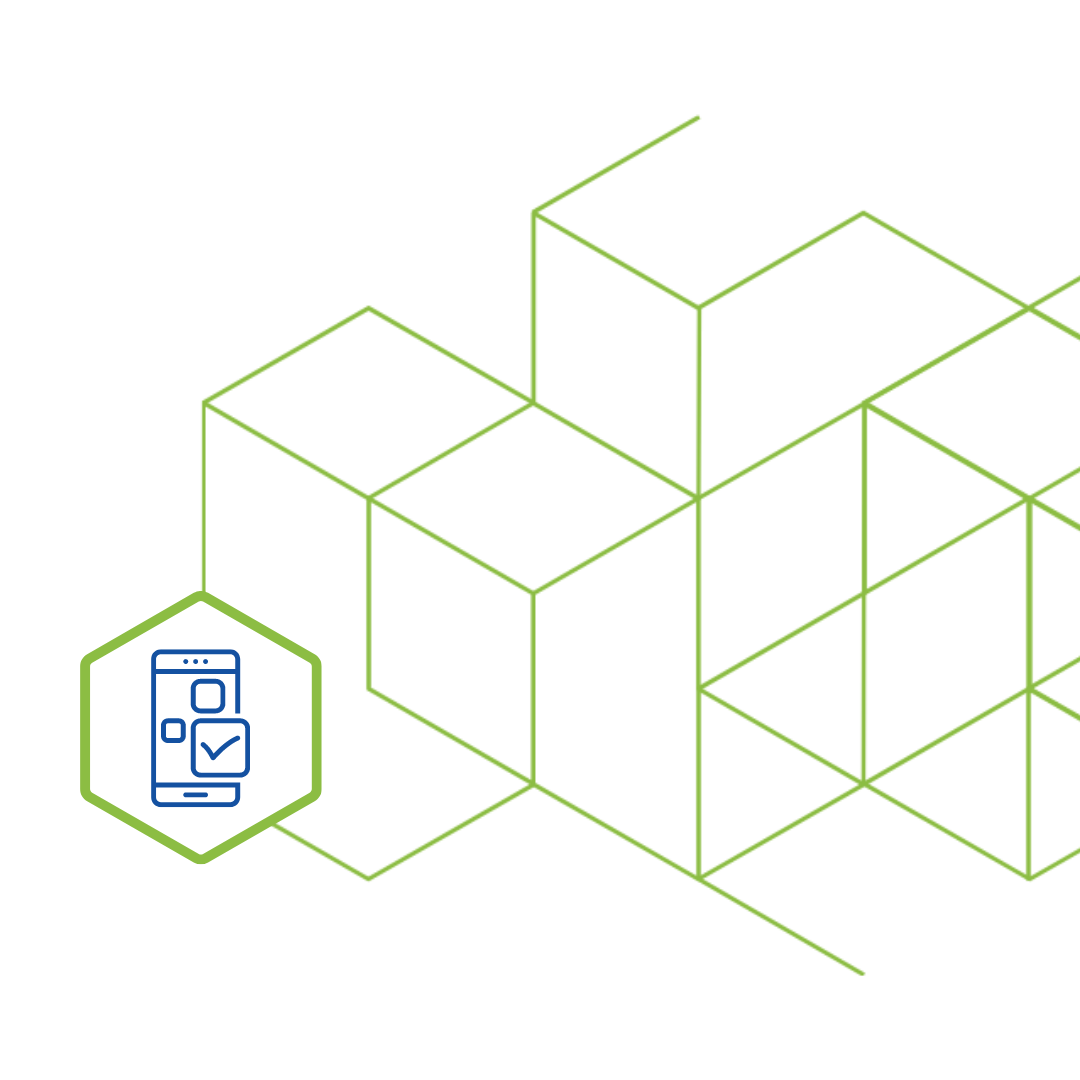unleashing the potential of ELDs: Efficiency & compliance in trucking
In the evolving world of trucking, where compliance and efficiency reign supreme, the adoption of cutting-edge technology becomes imperative. Enter...
2 min read
 Fallon Judd
:
8/10/23 5:02 PM
Fallon Judd
:
8/10/23 5:02 PM

In the dynamic world of fleet management, staying ahead of the curve is essential to ensure the success and longevity of your operations. With technological advancements driving significant shifts in the industry, embracing innovation is no longer an option—it's a necessity. One of the key pillars of this evolution is Electronic Logging Device and Engine Control Module (ELD-ECM) connectivity.
Before we embark on the journey of ELD-ECM connectivity, it's important to grasp the foundational components—Electronic Logging Devices (ELDs) and Engine Control Modules (ECMs).
ELDs: Electronic Logging Devices are digital tools designed to record a driver's Hours of Service (HOS). These devices have replaced traditional paper logs and manual tracking, ensuring accurate and automated data collection. ELDs are pivotal in enhancing compliance, reducing errors, and improving the safety of drivers and the public.
ECMs: Engine Control Modules serve as the nerve center of a vehicle's electronic systems. These modules monitor and manage a wide range of functions, from engine performance to emissions control. They gather critical data from sensors throughout the vehicle, enabling real-time monitoring and diagnostics.
ELD-ECM connectivity marks a transformational step in fleet management. It's not merely about regulatory adherence; it's a gateway to harnessing data-driven insights for operational excellence.
To fully grasp the significance of ELD-ECM connectivity, let's rewind to the beginning—the evolution of OEM ports. From the grey 6-Pin, round port adhering to the J1708 standard, we progressed to the black 9-pin port of J1939. This advancement culminated in the arrival of the green port, seamlessly embracing backward compatibility.
Today, our spotlight illuminates the transformative 14-pin RP1226 standard port. This port holds the potential to become an industry standard, with major brands like Kenworth and Volvo already adopting it. This new avenue of connectivity opens doors to enhanced data access and streamlined communication.

The significance of the RP1226 port is underscored by warning labels within cabin interiors. These labels point to the importance of using the new port correctly. For guidance, the Technology and Maintenance Council (TMC) emerges as an authoritative source. Their recommended RP1226 standardization serves as a unified method of communication for the industry's stakeholders.
In the quest to future-proof your fleet, Qv21 Technologies emerges as a pioneering force. Their hardware solutions are meticulously designed to align with the evolving landscape of ELD-ECM connectivity. This commitment to innovation ensures compatibility with current requirements while remaining poised to adapt to future developments.
Peering ahead, the future holds intriguing developments. Qv21 Technologies is on the cusp of introducing the "Black Box" feature—an innovative data recorder capturing essential insights for analyzing driver and asset performance. Moreover, the Qv21 ELD v2 is set to offer standalone GPS tracking, revolutionizing fleet management practices.
The road ahead in fleet management is paved with innovation. ELD-ECM connectivity isn't just about adapting; it's about thriving in an ever-changing landscape. By embracing these technological advancements, you're not only future-proofing your fleet but also positioning it for unprecedented success.
Don't miss out on this opportunity to explore the future of fleet management. Join us for the Lunch & Learn webinar and let's navigate the road ahead together.

In the evolving world of trucking, where compliance and efficiency reign supreme, the adoption of cutting-edge technology becomes imperative. Enter...

4 min read
Managing driver operations efficiently is critical for short-haul bulk commodity truckers. From compliance and communication to inspections and...

1 min read
Qv21 Technologies opened its doors in 2009 with the goal of innovating the short-haul trucking industry through its leading logistical and versatile...